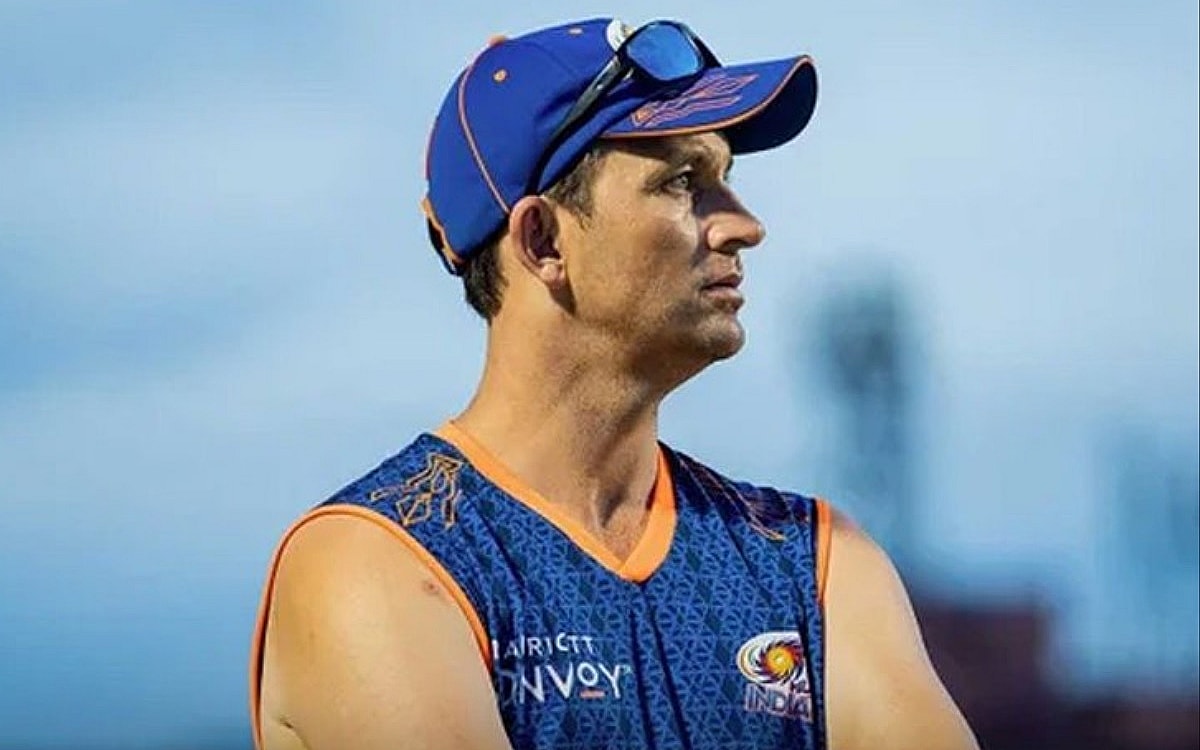Pakistan Cricket Board: Pakistan head coach Jason Gillespie has earned a reputation for staying grounded in the face of triumphs and challenges. After Pakistan’s stunning 152-run victory over England in the second Test, Gillespie deflected praise, attributing the bounce-back win to the team’s resilience and decisions made by others.The victory in the second Test at Multan tied the series 1-1 and set up a thrilling decider in Rawalpindi, but Gillespie made it clear that the changes leading to success were out of his hands.
In the wake of a heavy innings defeat in the first Test, the Pakistan Cricket Board (PCB) restructured its selection committee, excluding both Gillespie and captain Shan Masood from the decision-making process. Aleem Dar and Aaqib Javed were brought in as selectors, which meant Gillespie’s role narrowed to match-day strategy and player preparation.
“The PCB came out and made some changes after that Test match,” Gillespie said ahead of the third Test. “It was decided that a new selection panel would come in and they would be making decisions. I was not involved in the decision-making, I was just there. I’m now just the coach on match-day strategy. I just keep out of things now and just focus on the players and getting them ready for cricket.”
This shift in responsibilities was not part of Gillespie’s initial vision when he took over as head coach. At the time, he had worked closely with the board to shape a long-term plan for Pakistan cricket, but the sudden changes left him with a more limited role.
Reflecting on this transition, Gillespie humorously acknowledged his position: “It’s not for me to talk about now. I’m no longer a selector, so I’m probably not the person to ask. I’m getting splinters in my arse from sitting on the fence here,” he quipped.
Despite these adjustments, Gillespie has maintained a positive and protective stance toward his players. His philosophy was centered on creating a calm environment, one that allows cricketers to thrive under pressure. This approach proved crucial in Pakistan’s win in the second Test, where the team remained composed during key moments. After losing early wickets, debutant Kamran Ghulam stepped up with a century to help Pakistan post 366.
Similarly, when England seemed poised to take control at 211/2, Sajid Khan’s smart bowling sparked a collapse that gave Pakistan a decisive 75-run lead.
“The last few years, Pakistan’s Test cricket hasn’t been where we’d like it to be. Any win is great, and any series win is fantastic. Just coming into this environment, as a coach, I’m very protective of players. They’re the ones going out and representing their country. I suppose there’s a dad in me that comes out and I want to protect all the boys from all outside noise and whatever.”
Gillespie’s nurturing style extends beyond tactics, as he sees his role as more than just a coach. “I’m very protective of the players,” he shared. “There’s a dad in me that comes out, and I want to protect all the boys from outside noise.” This protective instinct has helped foster strong relationships within the team, with Gillespie and his support staff creating a culture of trust and communication.
As Pakistan gears up for the final Test in Rawalpindi, with a potential series win against England on the line, Gillespie’s focus remains on helping the players stay mentally strong. “There’s a lot of things in professional sport that you can’t control,” Gillespie said. “To be able to just park that and not focus on that is a skill within itself. Focusing on what we can control, the right things at the right times, and staying calm when things are all happening.
The way England played, they looked to create things all the time and the way we want to go against them is to stay calm and not get flustered. I thought we did that really well in the last Test match. I was really proud of the boys.”
“You communicate with your players regularly, talking about their games and how we can help them improve as cricketers and people. I’m very fortunate, I’ve got a wonderful support staff who have developed some really good relationships with our players and players will gravitate towards certain coaches over others at times. But if you all work as a team, that’s the most important thing.”
The way England played, they looked to create things all the time and the way we want to go against them is to stay calm and not get flustered. I thought we did that really well in the last Test match. I was really proud of the boys.”
Article Source: IANS




